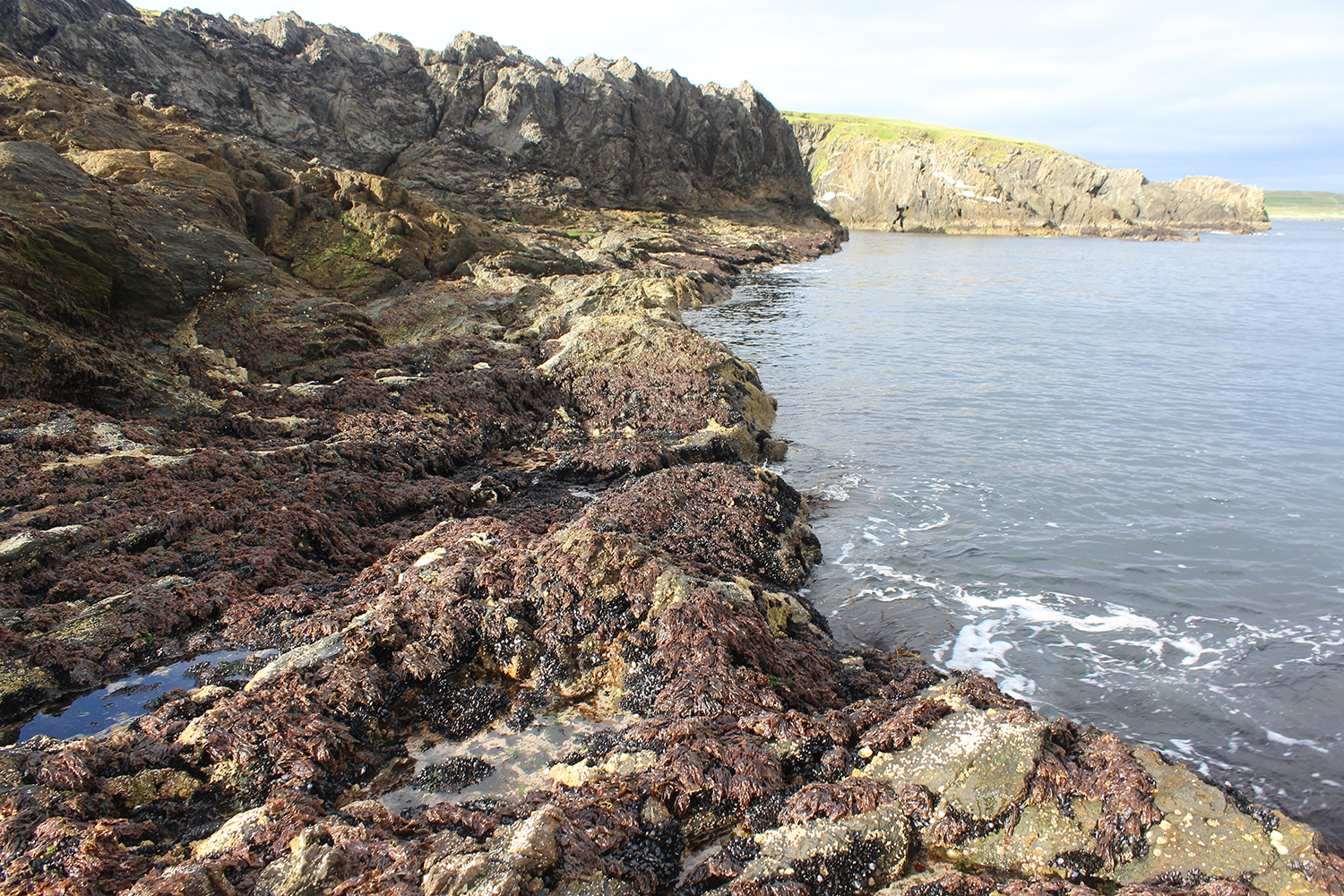Climate change reshuffling species like a deck of cards, study finds
A new study by an international team of researchers has found that rapid temperature changes due to climate change will have a doubly detrimental impact: destabilising animal and plant populations both on land and in aquatic environments.

In the study, published today [Wednesday] in Nature, the researchers found that changing temperatures – either warming or cooling – drive changes in the composition of species in an ecosystem. The results also suggest that behavioural adaptation and changing species interactions are not enough to preserve species composition in the face of higher rates of temperature fluctuations.
Prof. Michael Burrows of the Scottish Association for Marine Science (SAMS) in Oban, one of the report authors, said there were now very clear warning signals about the effects of climate change on the natural environment and urged global leaders to take note.
“How the composition of communities of animals and plants changes with temperature is really important to allow us to better plan conservation and adaptation strategies in the face of rapid climate change,” said Prof Burrows. “This study shows that, despite the complexity of the natural world, a clear signal of the effects of warming is evident, and shouldn’t be ignored.”
Unlike marine species, those on land can often move short distances to find new locations that better suit their temperature needs. Though this can help mitigate the effects of temperature change, this research finds that terrestrial creatures are still susceptible to destabilisation and replacement due to temperature change.
In their paper, the researchers focus on the rates of species replacement which refers to the loss and gain of species over time. While this happens naturally, they found that the rate of replacement is increasing due to faster temperature changes.
If that trend continues, species could be lost and ecosystems could begin to break down, the study concludes. The most effective ways to avoid these outcomes are to avoid further global warming, preserve landscapes with a diversity of temperatures, and reduce the alteration of natural environments. Benefits could include more abundant wildlife, clean water, and clean air.
“It's like shuffling a deck of cards, and temperature change now is shuffling that deck faster and faster,” said the study’s lead author Malin Pinsky, Associate Professor at UC Santa Cruz. “The worry is that eventually you start to lose some cards.
“Temperature affects everything from how fast the heart beats to how flexible and porous our cell membranes are; from how much food animals eat to how fast plants grow. Temperature is in many ways the metronome for life.”
The researchers also found that species in ecosystems with less-varied habitats were more sensitive to temperature change than those with more diverse temperatures nearby, such as taking shade from the sun in a forest. Living near these temperature escapes allows organisms to move nearby for relief, rather than going extinct or being replaced entirely.
Understanding the differing needs of species living in more or less varied environments can help society identify which ecosystems need the most attention and protection, the study concludes.
Importantly, the researchers found that human impacts like land use, pollution, and introduction of invasive species exacerbate the impacts of temperature change on species replacement. This is possibly due to human activity reducing the diversity of landscapes and increasing stress on species that are already near their temperature limits.